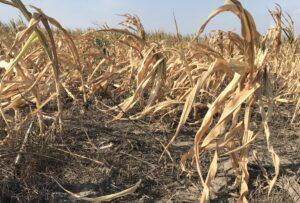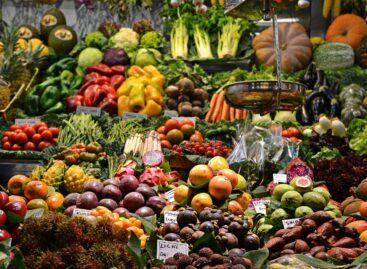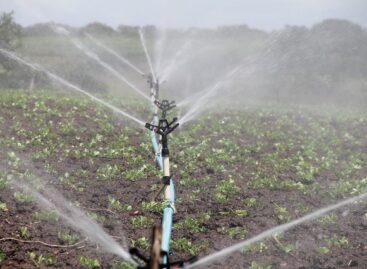Raspberries may disappear, bananas will grow, and there will be new pets in Hungarian agriculture
The situation in the Carpathian Basin is worrying due to climate change. Plant species that once felt comfortable in the area may disappear, but now the climate is not suitable for them. Raspberries hardly grow, but at the same time figs and some types of bananas are increasingly common in our country. Climate change and its serious effects on agriculture in the Carpathian Basin Great Student Agricultural Test 4. – Farm wisely! are among the topics of the online competition, which was announced by the DUE Media Network with the professional support of the Hungarian University of Agriculture and Life Sciences (MATE).

Agriculture must respond to climate change, which fundamentally determines our present, but even more so, our future, with an immediate and complete structural change – said Dr. Csaba Gyuricza, agricultural engineer, soil engineer, rector of MATE. – Dramatic changes are needed in soil and land use, so for example plowing should be abandoned in more and more cases. With plowing, we cause such damage to the soil, we lose so much moisture and burn so much organic material that we destroy our soil in the long term. Professional soil condition can now be achieved with much more modern technologies and approaches, with tools without plowing.
Another major issue of climate change is the amount of water used in the fields. It is not that the amount of precipitation that falls is radically reduced, but due to the ever-increasing temperature and the evaporation caused by it, less and less is used in the soil. The distribution of annual precipitation has also changed: due to weather extremes, the rate of intense precipitation is much higher, so a large amount of precipitation falls in a short time, which is not stored either in the ground, or in modern sewer networks or reservoirs created for this purpose. According to the rector of MATE, we should adapt our land use system to these changed weather conditions if we want to think about 21st century Hungarian agriculture in the future.
Related news
NAK: farmer needs assessment can help the development of irrigation training
🎧 Hallgasd a cikket: Lejátszás Szünet Folytatás Leállítás Nyelv: Auto…
Read more >Related news
Veganuary inspires millions of people in the UK
🎧 Hallgasd a cikket: Lejátszás Szünet Folytatás Leállítás Nyelv: Auto…
Read more >Spring whirlwind at the 60th anniversary EuroShop trade fair
🎧 Hallgasd a cikket: Lejátszás Szünet Folytatás Leállítás Nyelv: Auto…
Read more >









